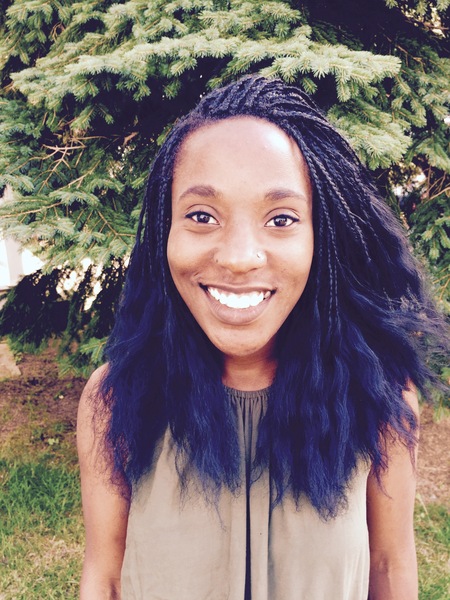Meet the Editor: Olivia Ho-Shing
Have you ever wondered about the scientists behind JEI's editorial and review process? We recently spoke with editor-in-chief Olivia Ho-Shing to learn more about her experiences with JEI, as well as her own scientific research at Harvard University.

Olivia is a 7th year PhD student in Harvard University's Molecules, Cells, and Organisms Graduate Program, performing her thesis research in the Dulac lab.
What do you study for your thesis research in the Dulac lab?
I study genomic imprinting, in which the genes inherited from your mother are expressed differently than the genes inherited from your father. This parentally biased gene expression plays critical roles for proper development of the brain.
How long have you worked with JEI?
I was an associate editor with JEI for about 3 years, I got to be a publishing editor for over a year, and I have been an editor-in-chief for about 2 years.
What was your motivation to start working with JEI?
Throughout my undergraduate experience, I enjoyed being a one-on-one mentor in biology and helping organize science festivals with different outreach programs. When I learned about JEI, I was impressed by the level of curiosity and creativity these students put into their research projects. I value the opportunity to give authors feedback on their topic of interest, and I enjoy working with them as a sort of mentor through the publication process.
What was the most memorable paper you have edited, and why?
“Testing various synthetic and natural fiber materials for soundproofing” was a great paper to edit! The student author developed an interesting research question and built his own experimental setup for a science fair with his parents. After receiving the editor’s letter from the scientific review, he tested a couple more variables (the thickness of the material and frequency of the noise) that might impact the soundproofing. I love to see students design an experimental setup from scratch, and then expand their research based on the feedback from reviewers. I especially liked this one because there was a very well reasoned hypothesis for studying the different materials, and the conclusions could have a useful impact on using more environmentally friendly materials in everyday life.
What is your favorite part about working with JEI?
I love the diversity of research topics we receive, as I otherwise wouldn’t get so much exposure to research unrelated to my own. As an editor-in-chief, I like the dialogue I have with the authors about their project.
What is the most challenging aspect of working with JEI as an editor?
It can be challenging to gauge whether a student will address some of the changes requested from the review process. So as an editor we have to find a balance with each manuscript between helping students improve their research and get more interesting results, and not overwhelming a student so that they will still try to learn from the review process and resubmit.
What advice would you have for JEI student authors when writing their manuscripts?
Remember that science is a continuous process! Be open to addressing critical questions about your results and your assumptions. It’s OK if your initial hypothesis was not supported by your data, or if you need to make adjustments to your experimental setup. It’s all a learning process, and JEI is excited to help you share what you’ve learned!
What’s one interesting (or strange!) fact about you?
I can pass juggle clubs.